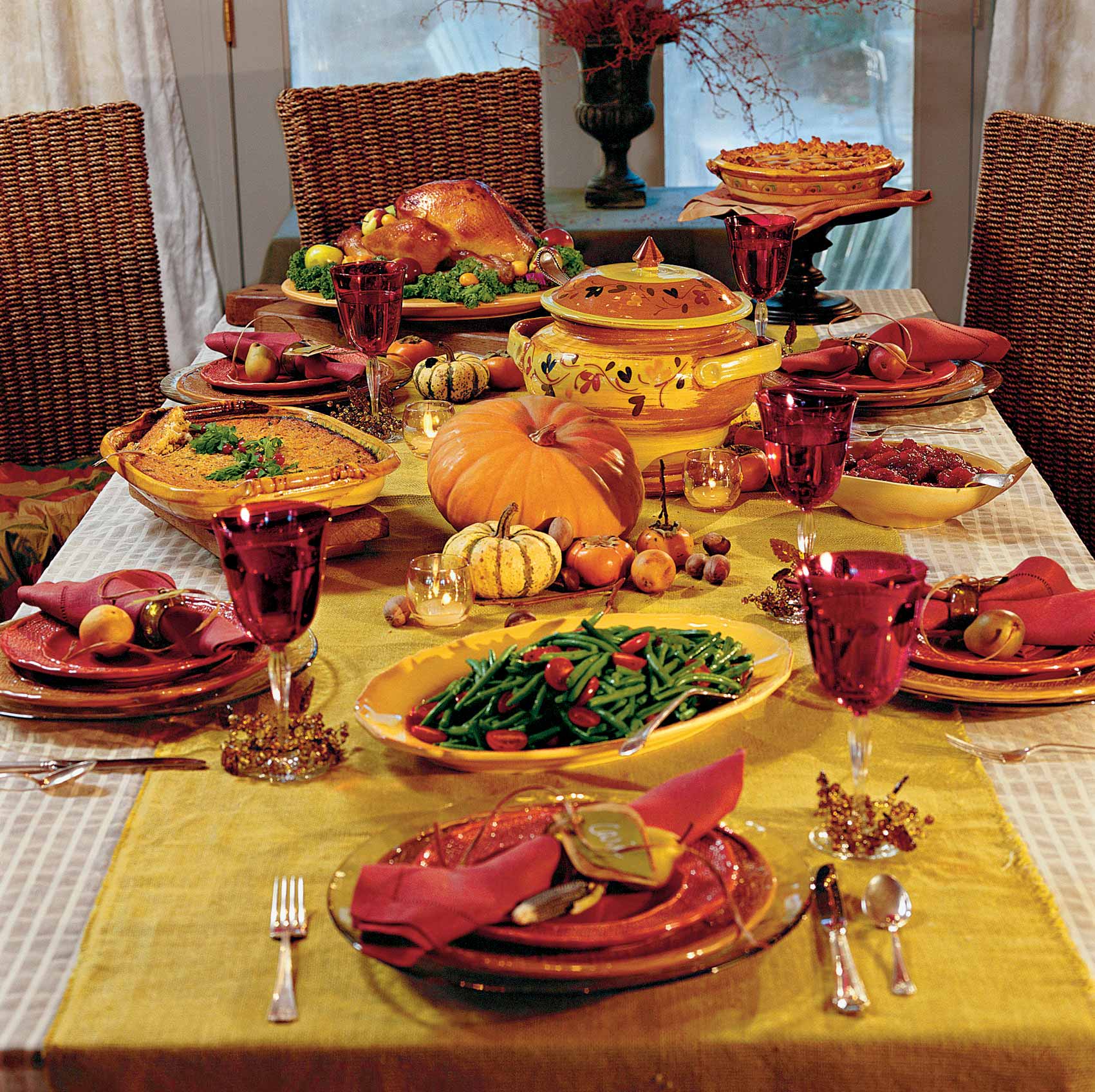Virtues: The Honor of Working at Home
This post originally ran on September 22, 2009. Please enjoy this series from my early blogging months.
 Among my current reading list is Feminine Appeal, Seven Virtues of a Godly Wife and Mother by Carolyn Mahaney. This is part five of a discussion on the seven virtues of a Godly wife and mother she amplifies in her book.
Among my current reading list is Feminine Appeal, Seven Virtues of a Godly Wife and Mother by Carolyn Mahaney. This is part five of a discussion on the seven virtues of a Godly wife and mother she amplifies in her book.
Read all of these posts on virtues by clicking here.
The seven virtues she finds revealed in Titus 2:3-5: Older women likewise are to be reverent in behavior, not slanderers or slaves to much wine. They are to teach what is good and so train the young women to love their husbands and children, to be self-controlled, pure, working at home, kind, and submissive to their own husbands, that the word of God may not be reviled.
The Honor of Working at Home
 Forty-three years ago, when my mom was asked what she wanted to do after graduating high school, she wrote, “I want to marry Bill and have his children.” She and my dad, Bill, celebrated their forty-first wedding anniversary three weeks ago.
Forty-three years ago, when my mom was asked what she wanted to do after graduating high school, she wrote, “I want to marry Bill and have his children.” She and my dad, Bill, celebrated their forty-first wedding anniversary three weeks ago.
In 1966, back when my parents graduated high school, it wasn’t quite so looked down on for a woman to strive to achieve “nothing but” homemaker status. But, as author Danielle Crittenden writes in What Our Mothers Didn’t Tell Us:
For more than thirty years the women’s movement has told us that we would be happier, more fulfilled human beings if we left our homes and children and went out to work. To the degree that we might feel misgivings or guilt about leaving our babies to others to raise, we have been assured that such feelings are imposed upon us by society, and sexist – no more normal for a mother to experience than a father. Instead, we’ve been taught to suppress these worries and to put our work ahead of our families, or at the very least, to attempt to “balance” the demands of boss and baby.
Crittenden believes that feminists have been “spectacularly persuasive”. In 2001, 73.1 percent of women with children under the age of 18 were in the labor force. In just 1980, that number was only 56.6. Nowadays, you not only have less women at home, you have a culture that has watered down the beauty that is homemaking and replaced it with such terms as “stay at home mom,” as if to say being a homemaker is not worthy of a title.
But despite what author Carolyn Mahaney calls “toxic feminist air” that has been breathed so much by society that even women who don’t consider themselves feminists have adopted feminist philosophy about working and home and “equal” roles in the home, we must, with humble hearts, turn to the word of God to see what He has to say about women working at home.
 We know that Titus 2 commands women to “work from home.” However, 1 Timothy 5:14 also calls for women to manage their households. And the woman in Proverbs 31, whom God considers the ideal wife, made home her focus of work.
We know that Titus 2 commands women to “work from home.” However, 1 Timothy 5:14 also calls for women to manage their households. And the woman in Proverbs 31, whom God considers the ideal wife, made home her focus of work.
God is clear that men are to provide for the home (1 Timothy 5:8) and women are responsible to take care of the home. However, nothing within the Bible suggests that women cannot work outside of the home. In fact, the ideal wife of Proverbs 31 managed land, worked with the poor, made and sold goods, farmed; however, her focus in doing all of these tasks was to serve her family and her home. Even with outside jobs, the managing and the running of the home is the responsibility of the woman.
1 Timothy 5:14 says, “So I would have younger widows marry, bear children, manage their households, and give the adversary no occasion for slander.”
The Greek for the term manage their households literally means to be the ruler, despot or master of the house. Meaning, that women are to take full ownership for all of the domestic duties of the household. Not that being the “master” of our house is to in any way undermine the husband’s leadership of the home, but it must be in support of his leadership that we are master of the home. As God commanded in Genesis 1:26-31, 2:7-25, and 1 Corinthians 11:8-9, we are to be our husband’s helper. Author Douglas Wilson in Reforming Marriage writes:
The man needs the help and the woman needs to help. Marriage was created by God to provide companionship in the labor of dominion. The cultural mandate, the requirement to fill and subdue the earth, is still in force, and a husband cannot fulfill this portion of the task in isolation. He needs a companion suitable for him in the work to which God has called him. He is called to the work and must receive help from her. She is called to the work through ministering to him. He is oriented to the task and she is oriented to him.
Orienting ourselves to our husbands helps keep the task of homemaking manageable. If we look at each task as it relates to the needs of our husbands, then we can prioritize the running of the household. When we don’t have outside jobs, we often feel like we can take on any task or any volunteerism or help any friend that we can, and our household can suffer for it. When we focus our lives and priorities on helping our husbands, it helps us put all of these demands in their proper place within our lives, if they even belonged there at all. It helps us learn to say, “No,” and keep our energies focused on our home.
This book challenges us wives to ask our husbands how we can best serve them today? Are we focusing our energies on the wrong areas of our home? Would they prefer a home cooked meal or a beautiful flower garden? (I already can tell you that my husband’s answer is not a flower garden.) Do they want you to spend hours a week clipping coupons and bargain hunting store-to-store or would they rather your energies are focused elsewhere? The more we solicit our husband’s opinions, the more we can create a home to his likings.
We should also enjoy doing so. The Proverbs 31 woman “works with her hands in delight” and “laughs at the time to come”. Is laughter filling your home? Do you wake up in the morning with delight at the day ahead? Do you enjoy your duties as wife and as mother and does it create a happy home?
 My daughter enjoys having a cup of tea every night before bed. It helps her wind down her day, and quiets her thoughts. She makes her tea exactly the same way I make her tea, but she swears that mine tastes considerably better. One morning while I was making her lunch for the day, she said to me, “There’s no reason that your peanut butter and jelly sandwich should taste any better than anyone else’s, but it does. And it’s just like my tea. I’ve figured it out. You do it with love. I can taste the love.”
My daughter enjoys having a cup of tea every night before bed. It helps her wind down her day, and quiets her thoughts. She makes her tea exactly the same way I make her tea, but she swears that mine tastes considerably better. One morning while I was making her lunch for the day, she said to me, “There’s no reason that your peanut butter and jelly sandwich should taste any better than anyone else’s, but it does. And it’s just like my tea. I’ve figured it out. You do it with love. I can taste the love.”
As we deal with the often mundane tasks of day-to-day homemaking (as I posted on Facebook one day, laundry is the bane of my existence, though after reading this chapter I am convicted to tackle my laundry with a smile and a song), we need to remember the mandate of Titus 2: that by putting on the mantle of these seven virtues of a Godly wife and mother, we are using it as a catalyst to witness to other women. Our home has now become our mission field, a place where we can witness to the people walking through the door. A place where our children will come to know God, and their friends will learn what a Godly family feels like. A place where guests come to share a meal prepared with happy hands and blessed with sincerity in thanksgiving to our Father God.
Carolyn Mahaney says that she has made it her prayer, “Lord, help me to build the kind of home where all who enter find it impossible to keep from thinking of God.”
 I read one of those “Fw: fw: fw:” sentimental stories in an email one time that went (in a much longer and more emotionally impacting way) something like this: A son is coming home from college with a friend for the Thanksgiving holiday. The mother says, does he tell his friend how she gets up before dawn and bakes pies and wrestles with a 20-pound bird and lines marshmallows in the sweet potatoes and the family just sleeps on with no thought to giving any recognition to her and all of her hard work and all of the effort she puts into providing this feast for them? No. But, what he does do is look over at his friend whom he’s bringing home and says, “Dude, you’re going to love it here.”
I read one of those “Fw: fw: fw:” sentimental stories in an email one time that went (in a much longer and more emotionally impacting way) something like this: A son is coming home from college with a friend for the Thanksgiving holiday. The mother says, does he tell his friend how she gets up before dawn and bakes pies and wrestles with a 20-pound bird and lines marshmallows in the sweet potatoes and the family just sleeps on with no thought to giving any recognition to her and all of her hard work and all of the effort she puts into providing this feast for them? No. But, what he does do is look over at his friend whom he’s bringing home and says, “Dude, you’re going to love it here.”
And that is my goal. To have my children say to their friends, without expanding on why, “Man, you’re going to love it here.” To have my work weary husband to walk in the door at the end of a long day and think, “I’ve come home, and man, I love it here.” To invite God into our home on a constant basis and have Him say, “I love it here.”
Hallee
I’m so grateful for your visit, today.
You would bless me if you added me to your
 via email.
via email. You can also become a fan on


This is a wonderful post! Lots of food for thought here. This is what I want for my family and home too, but I’m thinking I should shift some priorities around after reading this. Thanks!
Great post. C.J. and Carolyn Mahaney are so Biblically grounded. I love anything by them and it is always great to be under his preaching as he is one of the “heads” over our church. I will definitely come back to this one when I have more time to really absorb it.
Thank you for the reminder of the importance of being a homemaker! I also appreciate your sharing this book. I’d never heard of it, but I’m always looking for new reading material.
I read Feminine Appeal a few months ago and was really challenged and encouraged. I would love for you to link this article up at my Unwasted Homemaking linky party :)!
http://www.dontwasteyourhomemaking.com
I’d just like to know why our main focus is to do things to our husband’s liking, and where in any of this does this tell our husbands to do things to our liking or respect us too
The mission of Hallee the Homemaker blog is to glorify and magnify God the Father, Jesus the Son, and the Holy Spirit; to encourage and support women who are homemakers or who seek and desire to expand and strengthen their roles as homemakers — who choose a traditional and very Biblical role in their homes in the face of this fallen world; to share the joy and passion in loving and respecting our husbands; to share the joys of rearing and educating children; to hearten women in their spiritual journeys so that they positively affect their husbands and families; to provide a source of education and enlightenment for menu planning, nutrition, diet, fasting, cooking, and kitchen tips.
.
With all that in mind, this article is not directed to men or husbands. It is written in a way that is consistent with the mission of this blog and written for women, and specifically wives who want to understand how virtuous it is to make a home.
.
Thank you for your comment.
God bless,
Hallee